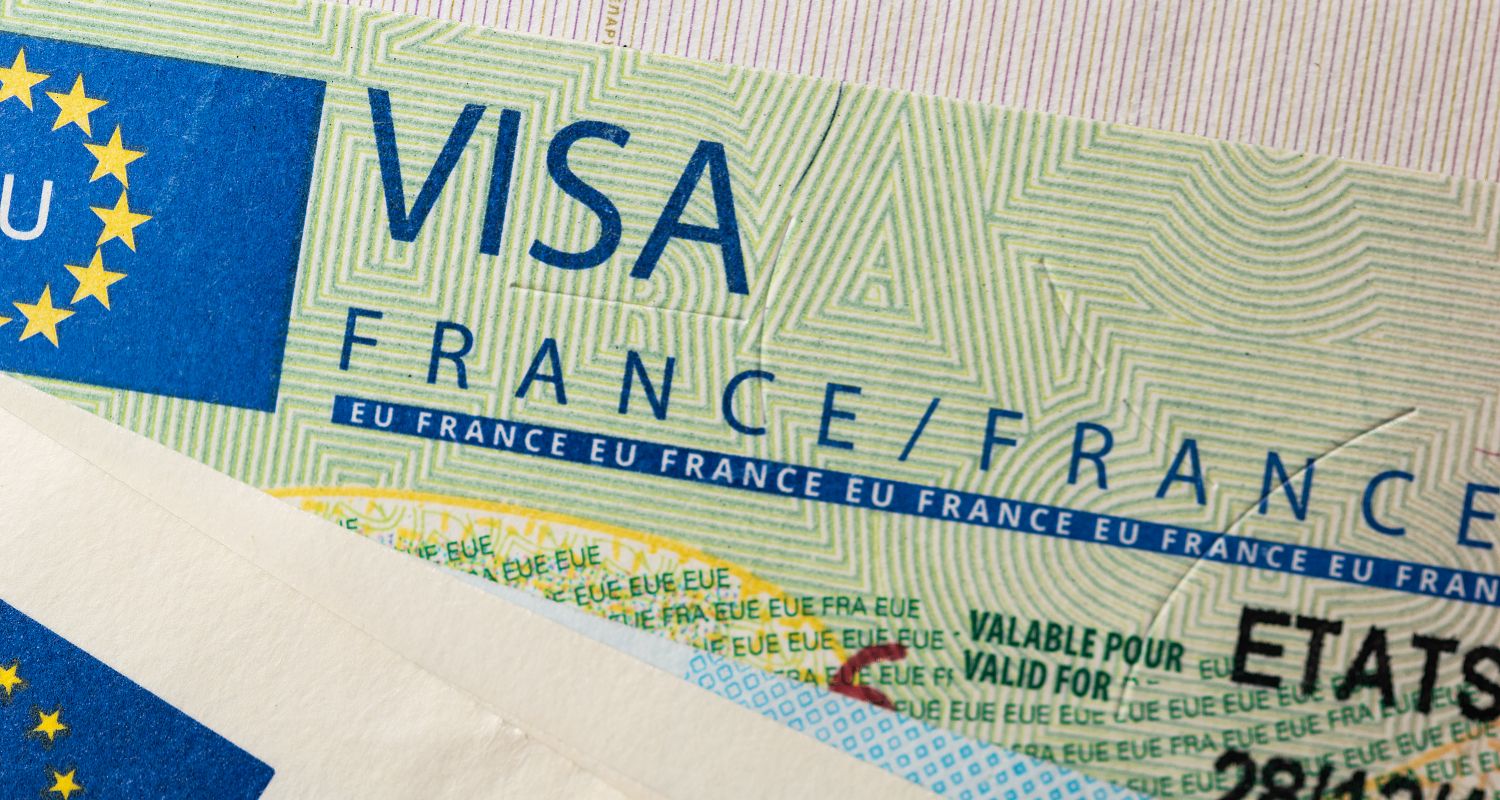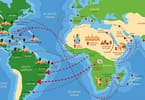ISLAMABAD, Pakistan – Pakistan has decided to take stiff measures against domestic or international non-governmental organizations (NGOs) that are allegedly involved in working against the sovereignty of Pakistan. Measures including banning NGOs if found involved in political, sectarian, or anti-state activities.
Over 380 NGOs are on the Orange List of the scrutiny committee including 7 international NGOs, reported Dispatch News Desk.
After closing down offices of international NGO “Save the Children” this week, the Federal Interior Minister of Pakistan, Chaudhry Nisar Ali Khan, said on Friday that any domestic or international non-governmental organizations (NGOs) pursuing the foreign agenda against national interests will not be allowed to operate in Pakistan. Save the Children was allegedly behind the track down of top world terrorist, Osama Bin Laden, at the summer resort of Abbotabad in Pakistan. Even though Save the Children has consistently denied its involvement in working as a spy agency of the United States in Pakistan, the Pakistan government and intelligence networks are firm that this organization has been working as a front-office organization for US intelligence agencies.
The Save the Children program was established in the early 1930s by a woman named Eglantyne Jebb, who handed out leaflets in London’s Trafalgar Square, seeking donations to feed starving children suffering from the punishing blockade against the losing side of the conflict in the aftermath of World War I.
The NGO sector is facing tough times in the region, as the Indian government in March banned 30 NGOs engaged in the welfare of minorities, from receiving foreign funds after adverse reports about their activities from intelligence agencies, while a total of 69 NGOs were prohibited by the government from receiving foreign funds under the Foreign Contributions Regulation Act (FCRA). The US-based Ford Foundation also came under fire in India, and India last week canceled licenses of 4,470 organizations.
Tajikistan and Kyrgyzstan are also introducing rough rules for NGOs and clamping down NGO work, claiming their links with western intelligence agencies. Uzbekistan in the past banned a majority of the foreign NGOs due to their alleged involvement to destabilize government. Now Pakistan which is known for having a dynamic NGO sector, is following this regional trend. NGO sectors in Pakistan were developed and promoted as parallel semi-government and alternatives to democratic institutions during the dictatorial eras of Gen. Ziaul Haq and Gen. Musharraf. Ninety percent of Pakistani NGOs are funded by western countries, while the majority of this 90% is funded by US-based organizations.
The Federal Interior Minister of Pakistan, Chaudhry Nisar Ali Khan, expressed his dissatisfaction over the way NGOs are allegedly hiding their projects, programs, and budgets details, and he called this practice as having a “hidden agenda.”
“We do not want to impose any ban on the NGOs, but they will have to respect the code of conduct and the charter of registration,” the minister said while talking to media representatives in Islamabad on today.
The minister said that the federal government is framing a policy to bring the international NGOs under the domain of the country’s law and constitution. He pointed out that certain NGOs are working beyond their mandate in different parts of the country.
However, he added that the country welcomes the NGOs engaged in public welfare projects. He said that the government will facilitate such NGOs operating under the domain of their charter.
Nisar further said with regards to the concerns expressed by the European Union on capital punishment, that execution is being carried out in accordance with the country’s law and constitution.
The interior minister regretted the hue and cry on the revival of capital punishment, saying a propaganda campaign has been unleashed to make it controversial.
WHAT TO TAKE AWAY FROM THIS ARTICLE:
- The NGO sector is facing tough times in the region, as the Indian government in March banned 30 NGOs engaged in the welfare of minorities, from receiving foreign funds after adverse reports about their activities from intelligence agencies, while a total of 69 NGOs were prohibited by the government from receiving foreign funds under the Foreign Contributions Regulation Act (FCRA).
- The Save the Children program was established in the early 1930s by a woman named Eglantyne Jebb, who handed out leaflets in London's Trafalgar Square, seeking donations to feed starving children suffering from the punishing blockade against the losing side of the conflict in the aftermath of World War I.
- Even though Save the Children has consistently denied its involvement in working as a spy agency of the United States in Pakistan, the Pakistan government and intelligence networks are firm that this organization has been working as a front-office organization for US intelligence agencies.






















